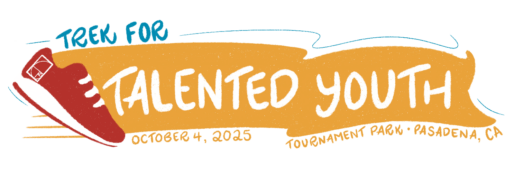By JohannaKate Connally
Like many other gifted individuals, my greatest challenge was figuring out what my professional direction was going to be. The next greatest challenge was to determine what kind of post graduate education I would pursue. Gifted individuals are likely to be multipotential, meaning they can be successful in numerous areas due to having multiple interests and strengths (Rinn & Bishop, 2015). I had a strong foundation in STEM, and I was attracted to English and even anthropology. In the end I elected to study law, which at the time seemed like a somewhat arbitrary choice, though it did have the potential to combine many disciplines. At least that was the theory, but I wondered how it would actually work out in practice.
A 2006 study conducted by Siekanska and Sekowski in Poland examined the job satisfaction of gifted versus non-gifted adults aged 26 to 35 (2006). They found that gifted adults were more likely to be satisfied with their job than their non-gifted peers though they are more likely to struggle when their work environment is intolerant of their needs (Nauta and Corten, 2002). The researchers noted that there were key factors that led to such satisfaction and, though they are similar to general career advice, there were some notable differences.
Factors, such as finding a job that connects with core interests, work that is a source of pleasure, and having a supportive team atmosphere, are crucial to anyone’s career choice. For gifted individuals, career satisfaction means extra consideration to finding a career where they can take advantage of their special skills and predispositions (Siekanska and Sekowski, 2006). Gifted individuals are more likely to have highly focused interests while completely ignoring other matters, they may exhibit black and white thinking, and may employ what appears to be circuitous reasoning even though they arrive at the same conclusions (Daniels & Piechowski, 2009). They thrive when given the space to utilize these modes of thinking, where they are able to utilize their creative thinking and be “independent in their thinking” (Siekanska and Sekowski, 2006).
As my first semester draws to a close I have never been more confident that I made the right career choice. The moment this awareness came together remains illusive, but things have unquestionably clicked. Sure, the weight of half-day exams rests heavily on my shoulders and switching from MLA to IRAC is challenging, but wherever I turn I find that I love what I am pursuing. The core characteristics of law, research, writing, creative argumentation, and facilitating the work of a team while being able to work solo, directly reflect my core predispositions.
None of this would have been possible if I hadn’t been allowed to explore the many options I encountered and encouraged to self-reflect on my strengths. The average person changes careers five to seven times in their life so it is never too late to reflect on your choices and redirect your life (US Department of Labor).
- Daniels, S., & Piechowski, M. M. (2009). Living with intensity: Emotional development of gifted children, adolescents, and adults. Great Potential Press.
- Nauta, N., & Corten, F. (2002). Gifted adults in work. (K. Jamdagni, Trans.). Tijdschrift voor Bedrijfs- en Verzekeringsgeneeskunde [Journal for Occupational and Insurance Physicians], 10, 332-335.
- Rinn, A. N., & Bishop, J. (2015). Gifted adults. Gifted Child Quarterly, 59(4), 213–235.
- Siekańska, M., & Sękowski, A. (2006). Job satisfaction and temperament structure of gifted people. High Ability Studies, 17, 75-85.



